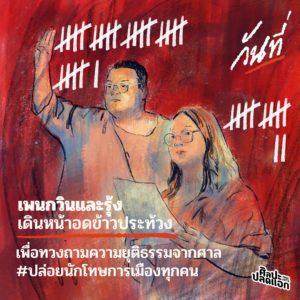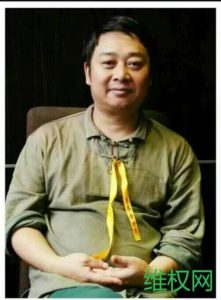 PEN America’s Artists at Risk Connection (ARC), in partnership with the Mekong Cultural Hub (MCH) and the Asian Forum for Human Rights and Development (FORUM ASIA) have released a publication, which captures growing anxiety among artists and creative practitioners across South, Southeast, East, and Central Asia.
PEN America’s Artists at Risk Connection (ARC), in partnership with the Mekong Cultural Hub (MCH) and the Asian Forum for Human Rights and Development (FORUM ASIA) have released a publication, which captures growing anxiety among artists and creative practitioners across South, Southeast, East, and Central Asia.
Connecting the Dots explores questions that are critical to understanding the state of artistic freedom in Asia, through the lens of 25 artists, creative practitioners, human rights defenders, lawyers and other stakeholders coming from 19 countries in South, Southeast, East, and Central Asia. It presents key discussions, findings, and recommendations from a closed virtual workshop convened in November 2021 and shares powerful anecdotal references from the participants, including a Uyghur musician and activist, a Vietnamese filmmaker, and a Myanmar artist – whose identities are kept confidential for security reasons.
Source: Artists at Risk Connection


